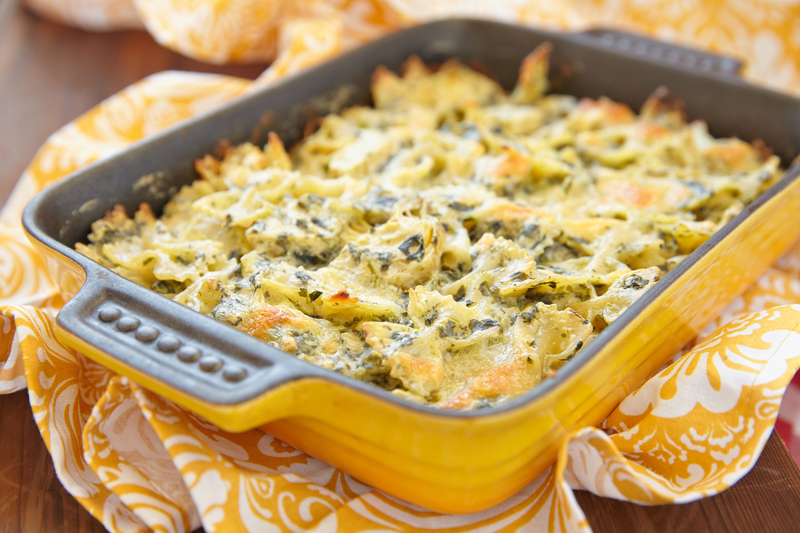 When it comes to baking, we all want our delicious creations to turn out perfectly.
When it comes to baking, we all want our delicious creations to turn out perfectly.
From cookies and bread to casseroles and roasts, the choice of bakeware can make a significant difference in the outcome of your culinary endeavors.
Stoneware is a popular option for many bakers and chefs, known for its ability to produce evenly cooked, golden-brown results.
However, some may wonder if using stoneware means that baking takes longer.
In this article, we’ll explore the factors that affect baking times in stoneware and whether it truly takes longer to bake with this versatile material.
Understanding Stoneware
Before we explore whether baking in stoneware takes longer, it’s crucial to grasp the nature of this remarkable material.
Stoneware, an ideal material for baking dishes, is a form of clay-based pottery that undergoes high-temperature firing.
This process imbues it with exceptional durability, making it perfect for a wide range of culinary applications.
What sets stoneware apart is its renowned capacity for heat retention and its ability to distribute heat evenly, resulting in dishes that are not only beautifully browned but also perfectly cooked.
The Influence of Stoneware on Baking
 When you bake in stoneware, the heat is absorbed by the stoneware dish, and then it gradually releases that heat to the food being baked.
When you bake in stoneware, the heat is absorbed by the stoneware dish, and then it gradually releases that heat to the food being baked.
This slow and steady release of heat helps to cook the food evenly, which is why stoneware is often favored for dishes like casseroles, quiches, and even artisanal bread.
However, this unique property of stoneware can give rise to the perception that it takes longer to bake.
Does It Actually Take Longer to Bake in Stoneware?
The answer to whether baking in stoneware takes longer can vary depending on several factors:
- Preheating
Stoneware, like other baking materials, benefits from preheating.
When you place your stoneware dish in the oven and let it preheat along with the oven, it will absorb heat more efficiently.
This can help reduce the extra time it might take to bake compared to other materials.
- Dish Size and Thickness
The size and thickness of your stoneware dish play a role in baking time.
A thicker stoneware dish will take longer to heat up and distribute that heat to your food, potentially increasing baking time slightly.
Smaller dishes or those with thinner walls may require less additional time.
- Recipe Adjustments
Some recipes may need slight adjustments when using stoneware.
For instance, if you’re baking cookies on stoneware, you might want to reduce the baking time slightly or lower the oven temperature.
Stoneware’s ability to retain heat means that your food may continue cooking even after it’s removed from the oven.
- Food Type
The type of food you’re baking matters.
For dishes that benefit from slow, even cooking, such as roasts or deep-dish pies, stoneware is a great choice.
In these cases, the extended baking time can be an advantage, as it helps create perfectly cooked results.
Bottom Line – Does it Take Longer to Bake in Stoneware?
 The perception that baking in stoneware takes longer is not entirely accurate.
The perception that baking in stoneware takes longer is not entirely accurate.
While stoneware does have specific characteristics that can affect baking times, these differences are often minor and manageable with a few adjustments.
The key is to understand how stoneware works and make slight modifications to your recipes and techniques to achieve the desired results.
Stoneware’s ability to produce evenly cooked and beautifully browned dishes makes it a worthwhile addition to any kitchen, and with a little practice, you’ll be baking up delicious creations in no time.


